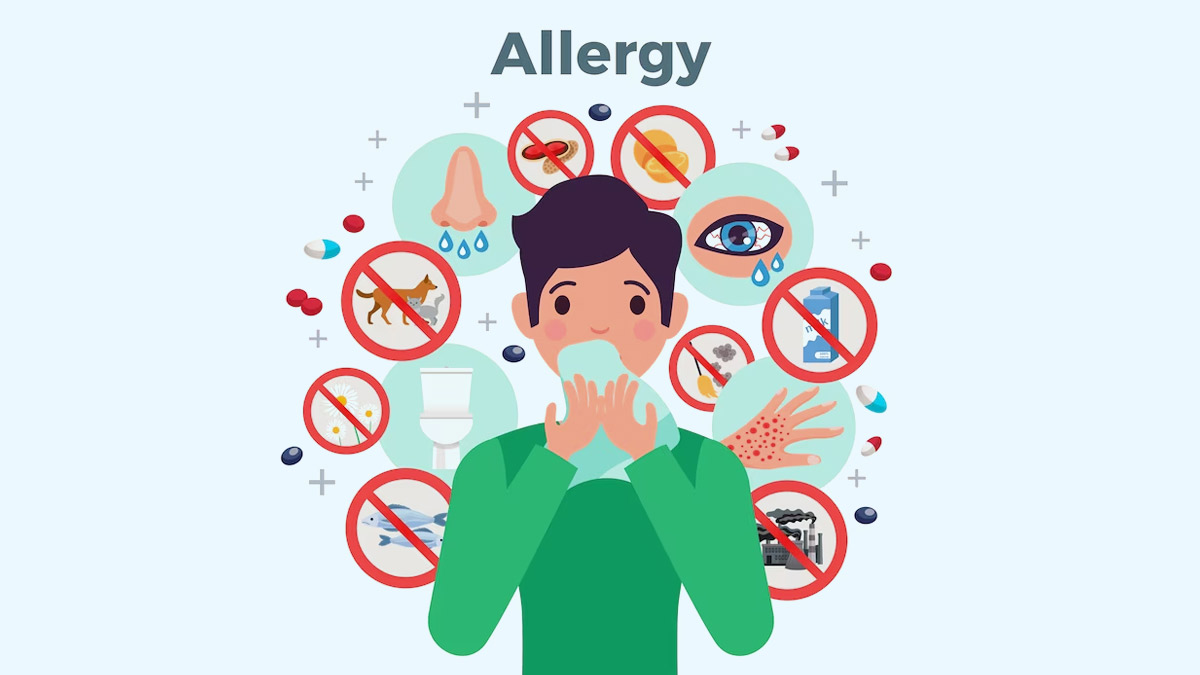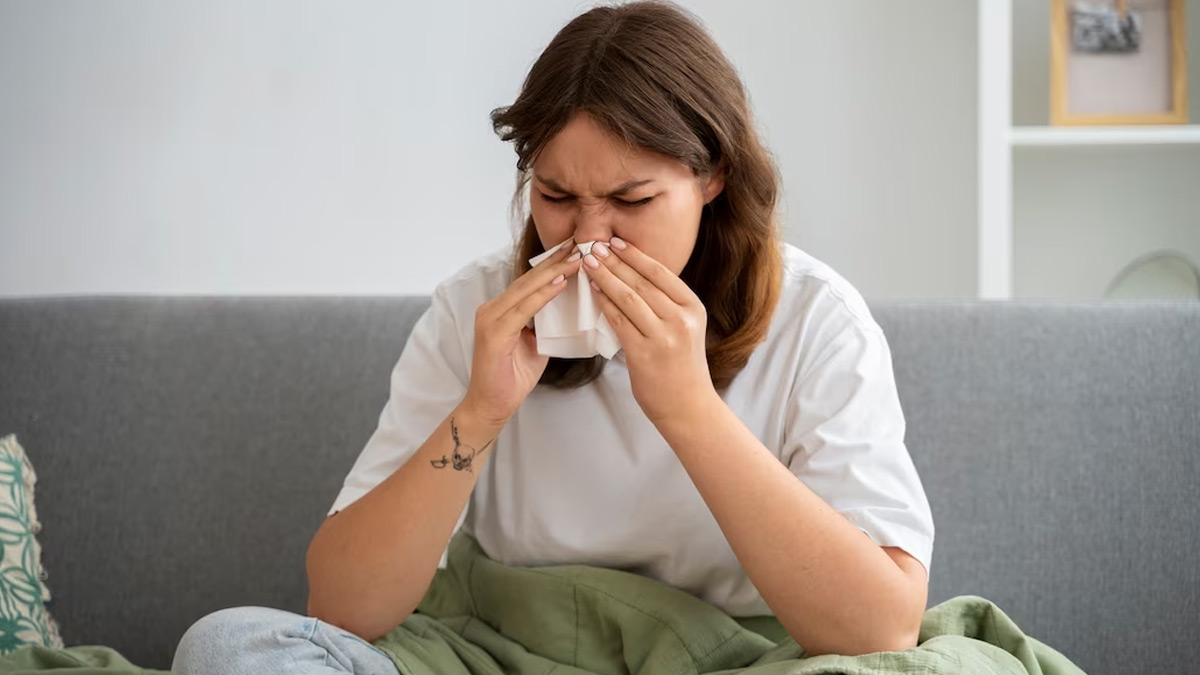
Do you know your immune system can often get hypersensitive to some harmless substances in the atmosphere? Allergies, food allergies, and pet dander allergies are all examples of immune system reactions that can be irritating and, in extreme circumstances, life-threatening.
Allergies occur when the immune system of the body reacts to substances that it sees as harmful, even if they are not. Allergens are compounds that can cause a variety of symptoms, ranging from sneezing and itching to severe reactions such as anaphylaxis.
“Allergies, like a cold, can induce a slew of upper respiratory symptoms. You may get congestion and sneezing, but you are also likely to experience watery or irritated eyes and itchy skin”, said Dr Harish N, Senior Consultant Neonatology and Paediatrics, Apollo Cradle and Children's Hospital, Koramangala, Bangalore.
He added that colds caused by allergies can be distinguished from colds caused by any viral illness, as many viral infections include concomitant symptoms such as fever, headache, and body aches.
Identify Your Allergens
The first step in preventing allergies is identifying your specific allergens. This might require consulting with an allergist or keeping a diary of your symptoms and potential triggers. Common allergens include pollen, dust mites, pet dander, mould spores, certain foods, and insect stings.
Also read: Common Food Allergies In Babies: Here's What Parents Need To Watch out For
Minimise Exposure to Outdoor Allergens
If you have seasonal allergies, taking steps to minimise exposure to outdoor allergens can be effective:
- Check daily pollen counts and stay indoors during peak pollen times.
- Keep windows closed and use air purifiers with HEPA filters to reduce indoor pollen levels.
- Shower and change your clothes after spending time outdoors to remove pollen from your skin and clothing.
Create an Allergen-Free Home
For indoor allergies, such as dust mites and mould, consider these prevention measures:
- Use allergen-proof covers on pillows and mattresses.
- Wash bedding in hot water weekly.
- As per Centres for Disease Control and Prevention humidity levels above 50% can grow mould
- Regularly clean and vacuum your home, using a vacuum cleaner with a HEPA filter.
- Replace or clean HVAC (Heating, ventilation, and air conditioning)
Be Cautious with Food Allergies
Food allergies can be severe, and prevention is crucial. If you have food allergies:
- Read food labels carefully to identify potential allergens.
- Inform restaurant staff about your allergies when dining out.
- Carry an epinephrine auto-injector if you are at risk of anaphylaxis.
- Be vigilant about cross-contamination in the kitchen.
Allergies to Insect Stings
For those with insect sting allergies:
- Wear protective clothing when spending time outdoors.
- Avoid wearing bright colours and floral patterns that may attract stinging insects.
- Carry an epinephrine auto-injector if prescribed by your allergist.

Medications
Over-the-counter or prescription allergy medications can help manage symptoms. Antihistamines, decongestants, and nasal corticosteroids can provide relief for many allergy sufferers.
According to Dr Harish, there is currently no cure for allergies. However, over-the-counter (OTC) and prescription drugs can help alleviate symptoms. The best way is to avoid triggers, but there are numerous additional medical therapies (such as antihistamines and steroids) that can help relieve symptoms.
Also read: Unsure Of What Is Causing Allergies? Take These Allergy Tests To Find Out
Consult a Dermatologist
If your allergies are severe or hard to manage, consult an allergist. They can perform allergytesting to identify your specific triggers and recommend personalised treatment plans, which may include allergy shots (immunotherapy).
Allergies, like a cold, can induce a slew of upper respiratory symptoms. You may get congestion and sneezing, but you are also likely to experience watery or irritated eyes and itchy skin. He stressed that colds caused by allergies can be distinguished from colds caused by any viral illness, as many viral infections include concomitant symptoms such as fever, headache, and body aches.







